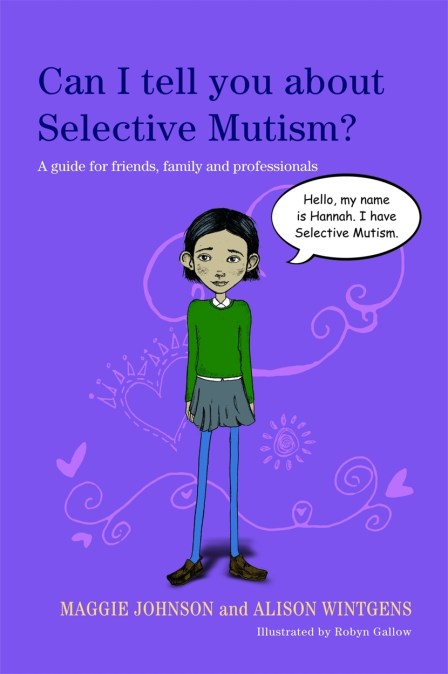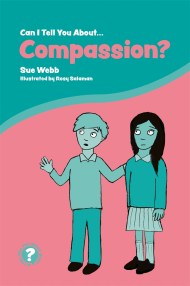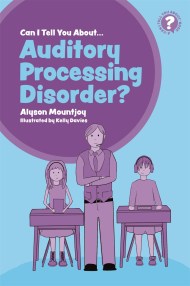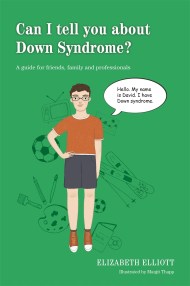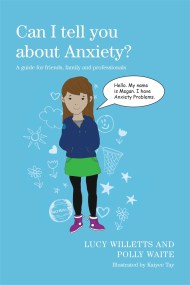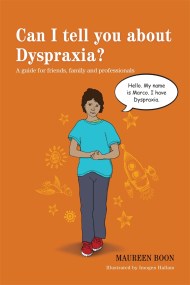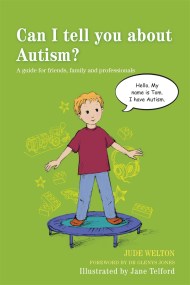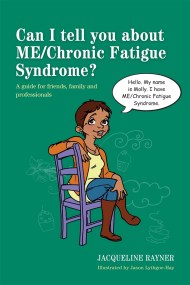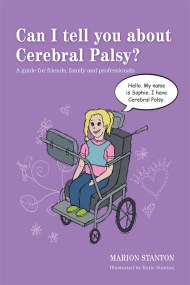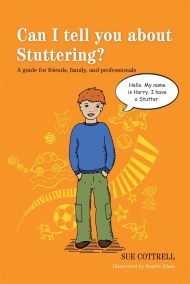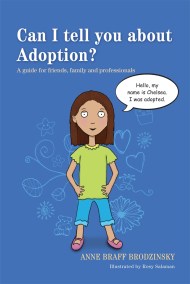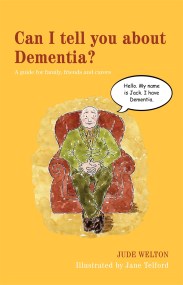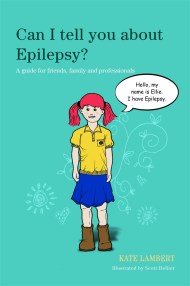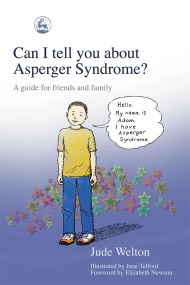Can I tell you about Selective Mutism?
On sale
15th June 2012
Price: £10.99
Genre
Audiology & Otology / Coping With Anxiety & Phobias / Speech & Language Disorders & Therapy / Teenage)
Selected:
Paperback / ISBN-13: 9781849052894
Meet Hannah – a young girl with selective mutism (SM). Hannah invites readers to learn about selective mutism from her perspective, helping them to understand what it is, what it feels like to have SM, and how they can help.
This illustrated book is packed with accessible information and will be an ideal introduction to selective mutism. It shows family, friends and teachers how they can support a child with the condition and is also a good place to start when encouraging children with SM to talk about how it affects them.
This illustrated book is packed with accessible information and will be an ideal introduction to selective mutism. It shows family, friends and teachers how they can support a child with the condition and is also a good place to start when encouraging children with SM to talk about how it affects them.
Newsletter Signup
By clicking ‘Sign Up,’ I acknowledge that I have read and agree to Hachette Book Group’s Privacy Policy and Terms of Use
Reviews
I wish I'd had this book when I first started out in teaching and I definitely would want to put a copy into the hands of every member of the support staff in any school.
As the parent of a 5-year-old boy with selective mutism (SM), I was really excited to read this book. Any explanation of this complicated condition and its emotional impact on the child and those caring for him or her is to be valued... Any book like this that a teacher can read in less than an hour is to be welcomed, to ensure that understanding and support can be given.
This is a book that belongs in all schools and should be read by teachers as well as friends of children suffering from this debilitating condition.
Maggie Johnson and Alison Wintgens offer very practical advice and application around how to support children with these difficulties.
The book is designed to help children conquer their anxiety. It should also help other pupils understand the problems faced by those with selective mutism - and how pressure can make them feel even less confident about speaking. A great, pupil-friendly resource.
These convey a great deal about Hannah and her SM with a gentle empathetic humour. I wish I'd had this book when I first started out in teaching and I definitely would want to put a copy into the hands of every member of the support staff in any school.
This sensitive and inspired book will be an invaluable aid for children and adults alike.
Can I Tell You About Selective Mutism? is loaded with practical school and home intervention strategies for helping the child with Selective Mutism. It's also a great overview of the internal world of a child with Selective Mutism, and provides a wonderful resource for "normalizing" their experience. I can't wait to read it with my patients!
The insights and practical suggestions in this engaging book will be of great help to those around a child who is selectively mute and to many of the children themselves.
This fictional presentation of the problems of Selective Mutism, from the point of view of an affected child, may prove helpful for selectively mute children and despondent and worried parents and teachers... After reading this book, those who would like to help selectively mute or even very shy children will be in a position to choose from the range of tried and tested strategies suggested by Hannah. These have been derived from the wide experience of the authors and the national support network SMIRA, and have been shown to produce good results.
Maggie Johnson and Alison Wintgens, are very experienced in the field of Selective Mutism (SM) and this shines through in their short but comprehensive book... I found the "voice" of the book very powerful, giving a real insight into how a child or young person with SM may feel and what approaches are helpful and unhelpful for them. I would recommend this book both to professionals working with children and young people with SM, to share with them, their classmates, teachers and other adults in school, and also to the parents of children with SM.

